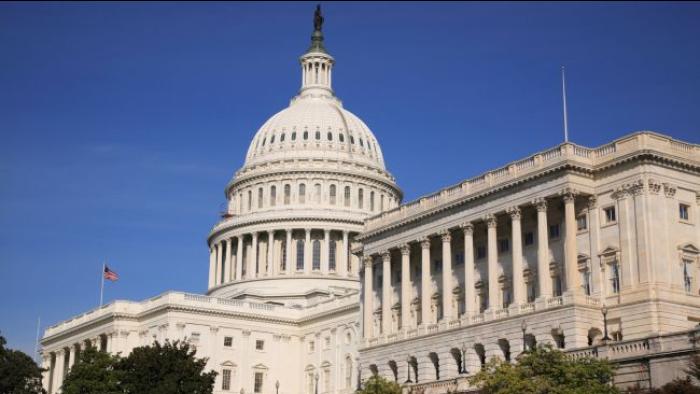You’ve finished the marathon of training, landed your first job, and now you’re standing at the operating room door, about to start building your career. The patient is on the table, the team is looking at you, and you start to have doubts: “Should I be doing this case open?” It’s a deceptively simple question, but in your early years, the answer can shape your reputation for a long time to come.
